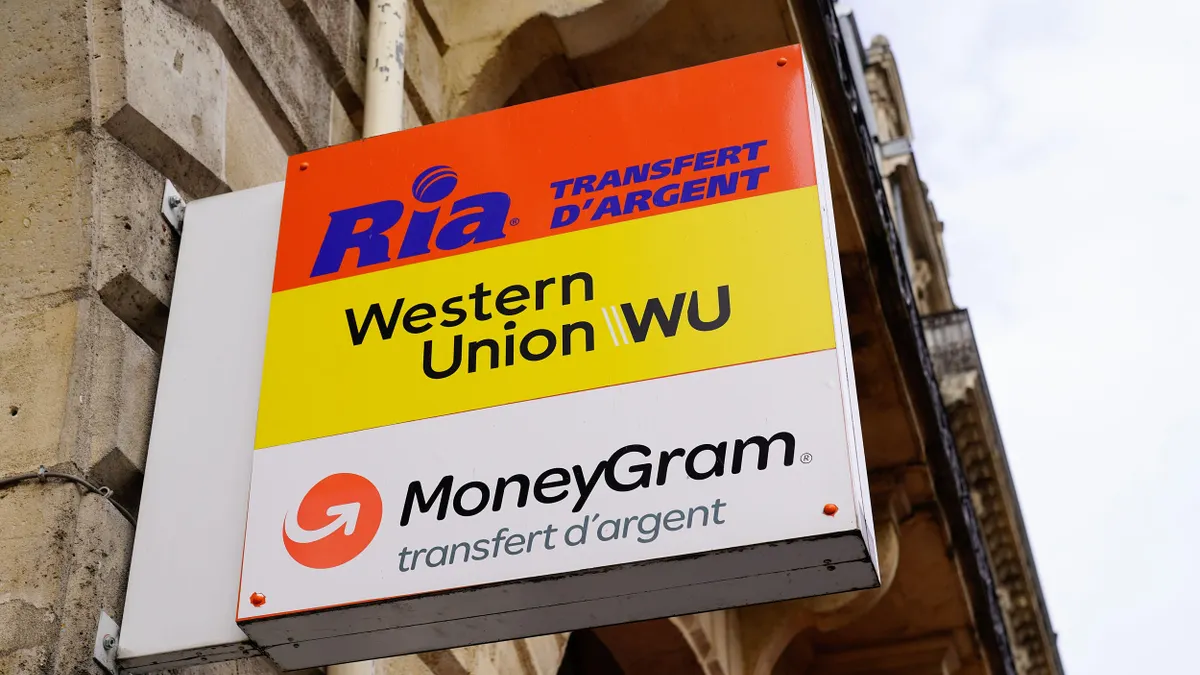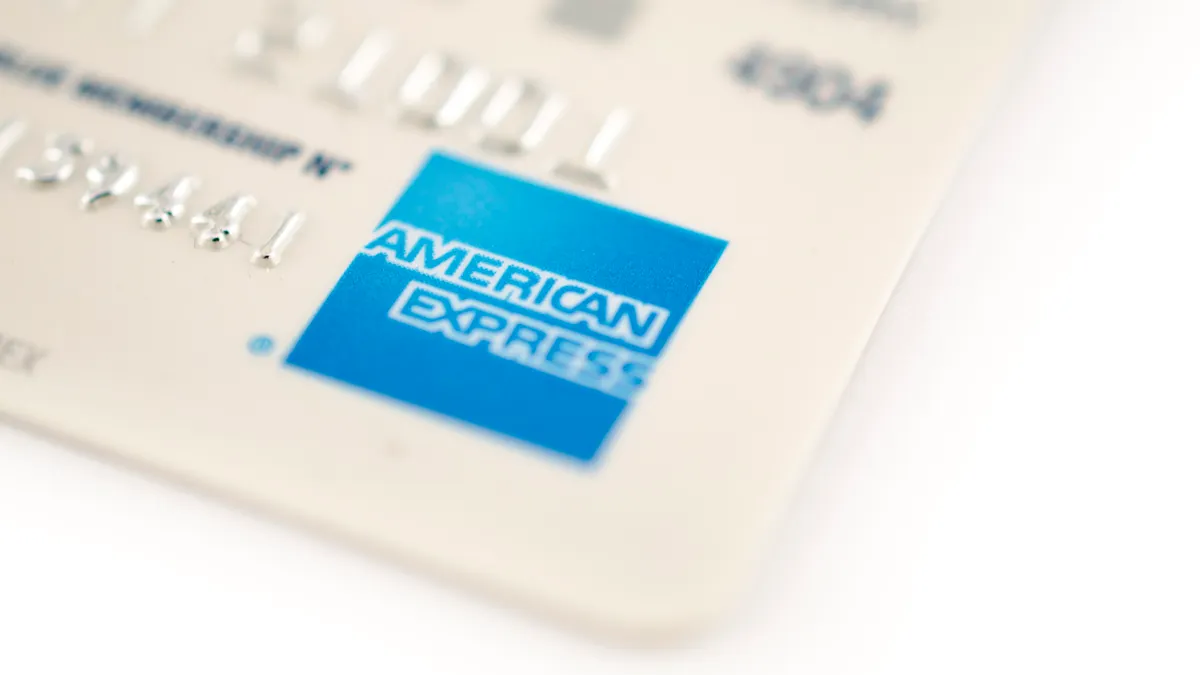There is a seemingly sleepy corner of the payments sphere that woke up with a jolt when the COVID-19 pandemic struck.
Accounts payable is a back-office area of most enterprises that historically was little noticed as it routinely cut checks for suppliers and tracked payments. But when the deadly coronavirus shut down businesses, many companies realized their paper-laden processes, including invoicing and manual check-writing, wasn't a good fit for a shift to employees’ homes.
Meanwhile, a pack of fintechs had in recent years targeted that business-to-business function for a digital remake and the pandemic gave them the perfect opportunity to lure new work. While many large companies handle such functions in-house and some outsource it to banks, smaller and mid-sized businesses (SMBs) have increasingly turned the process over to fintechs promising to manage it in a more efficient manner.
Fintechs targeting the fast-growing arena include Paymerang; AvidXchange; CSI Enterprises; and the former Nvoicepay, now the Corpay unit of Atlanta-based Fleetcor Technologies, following a 2019 acquisition.
The competition doesn’t bother Paymerang CEO Nasser Chanda. He believes there is plenty of work for all, with a U.S. middle-market size for automating accounts payable of about $20 billion, and another $10 billion for accounts receivable automation. That $30 billion figure doubles for the business worldwide. His focus is on small and mid-sized businesses, with $20 million to $1 billion in annual revenue.
“The market is so big right now that we’re all growing, especially with Covid,” Chanda said in an interview last month. “Companies could no longer go into their offices to cut checks,” he said in explaining the increase in demand for such services.
The biggest competition is companies that want to keep the accounts payable processing in-house, but banks also take a share of the market, he said.
Richmond, Virginia-based Paymerang, founded in 2010, has raised $36 million in venture capital since 2018, and increased its headcount six-fold since then to 180 employees. Eventually, it plans to expand internationally, but it’s too early for that, Chanda said. “We believe there is still lots of opportunity in the U.S. before we go international,” Chanda said in an interview last month. “The middle-market is really where we want to play.”
At the moment, its 400 clients are mainly in the manufacturing, healthcare, financial services, education and business services industries, including construction and engineering, Chanda said. Paymerang issues virtual card payments to vendors on behalf of its customers and receives interchange fees on the payments, he explained. It then provides a rebate back to its customers.
In the future, Chanda expects a natural extension for Paymerang would be in providing automated receivables services to the hundreds of thousands of vendors that it’s currently making payments to as it processes invoices for its business customers.
The Nvoicepay unit of Fleetcor was inundated with calls after COVID-19 caused lockdowns and forced employees to work from home, said Josh Cyphers, president of the unit. Whole departments of workers that passed paper invoices and cut checks weren’t able to do their work from employees’ homes, he said, citing the security concerns for companies.
Historically, check-writing has been fraud-ridden and most of the trouble infiltrates the process by way of emails, Cyphers said in a May interview. So, Nvoicepay services were not only a digital alternative, but also a way to make the process safer by verifying accounts, managing data and indemnifying clients, he said.
Apparently Fleetcor’s 2019 acquisition of that business has been paying off. It’s the fastest-growing part of the company’s corporate payments division with revenue rising at 30% rates and generating “healthy profit margins,” investment firm William Blair said in a June 1 report, citing Fleetcor Corporate Payments President, John Coughlin.
Rival Charlotte-based AvidXchange, with 1,500 employees, processes about $140 billion in transactions annually for some 6,000 North America customers, according to the company’s web site. Meanwhile, Bonita Springs, Florida-based CSI, also known as Corporate Spending Innovations, processed $11 billion in annual payment volumes in 2018, the same year it was acquired by French payments company Edenred for about $600 million. Edenred said at the time that it expected the business to grow 20% annually.
Such heady growth rates attract would-be acquirers. Chanda said he gets calls from potential buyers frequently, but tells them he’s still busy executing on his business plan. “I think we’re just getting started,” he said. He declined to name any of the suitors, but said the interest comes from across a spectrum of market participants and sectors.





















